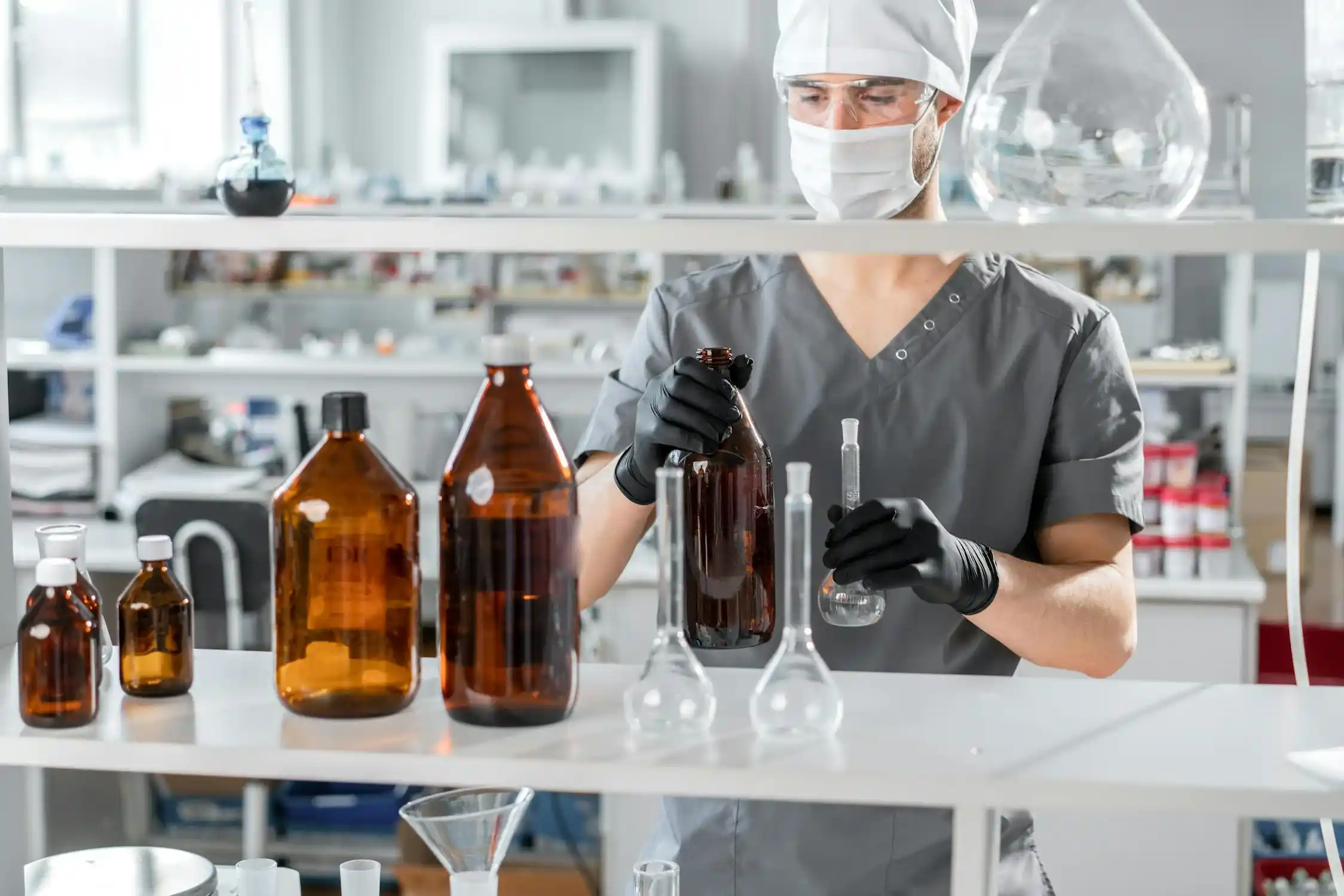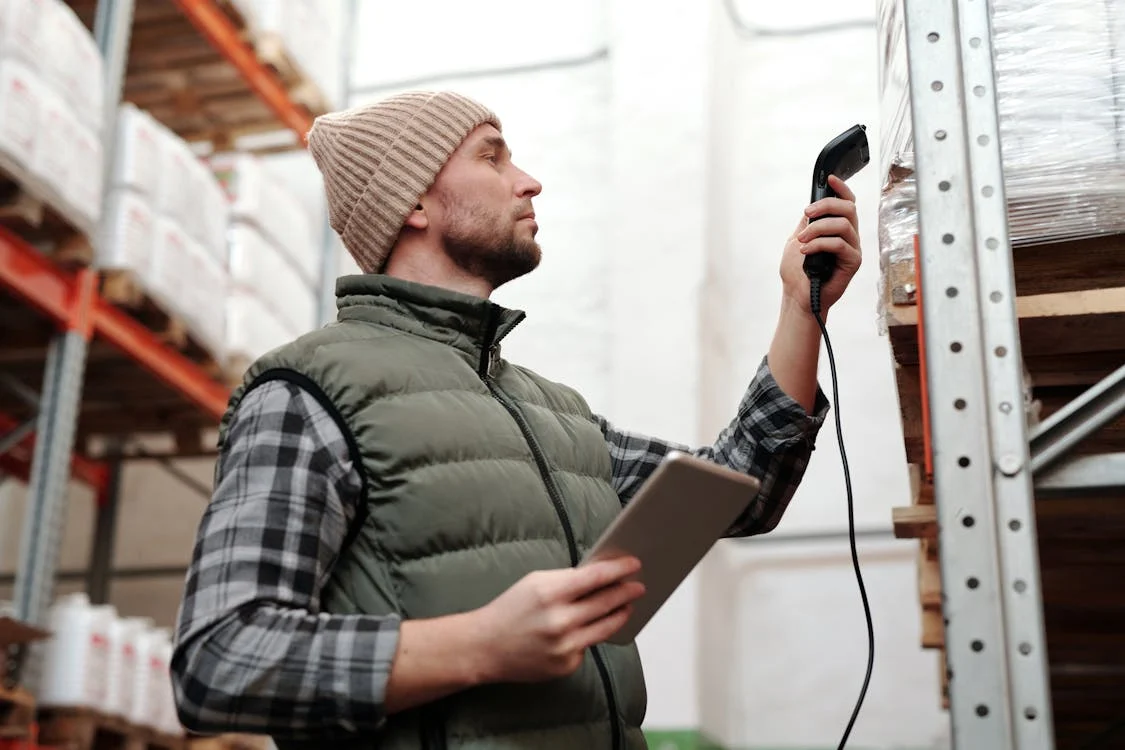
-
Posted By Editorial Staff
-
-
Comments 0
If you’re thinking of launching a cosmetics brand, you’re making the right choice, especially if you want to make a ton of money. After all, if there’s anything that is almost always in demand, it’s cosmetics and personal care products.
The numbers speak for themselves in this regard. As of 2023, the global cosmetics market was valued at $295.95 billion. This year, global revenue from this sector is projected to reach $114.69 billion.
If you want to be a part of this lucrative market, your decision to start a cosmetics company is the right one. However, safety is a huge concern in the cosmetics market. If you can’t guarantee safe cosmetics products, your days in this sector are numbered.
So, if you want to start a cosmetics company of your own, here’s how you can ensure the safety of your products.
Table of Contents
ToggleStart with Quality Ingredients
What goes into your cosmetic or personal care products matters – both to you and your customer. So, before you even think about selling anything, take a good look at your ingredients.
Ask these questions about the ingredients you plan on using in your cosmetics products:
- Are they coming from reputable suppliers?
- Are they known allergens or irritants?
- Do they have any harmful chemicals?
Using high-quality raw ingredients isn’t just about performance; it’s about keeping your customers safe. Also, always keep track of where your raw materials come from. This will help if anything ever needs to be traced back.
Run Proper Chemical Testing
Studies show that around one-third of about 318,000 ingredients identified in beauty and personal care items lack public toxicological profiles. Moreover, 45 chemicals highly hazardous are commonly added to these products quite often. You need to make sure your cosmetics brand avoids such chemicals.
Remember that just because something smells nice or feels luxurious doesn’t mean it’s safe. Cosmetic formulations are made up of dozens of chemicals – natural or synthetic – and when they mix together, unexpected reactions can happen. Thus comes the need for proper chemical testing.
You don’t have to do this alone, and honestly, you shouldn’t. There are professional chemical testing laboratories out there that specialize in consumer products. According to QIMA, these labs offer chemical analysis services that can identify contaminants and confirm ingredient purity. They enable your cosmetics brand to make sure no harmful chemicals are present in your product.
Labs can also test the stability of your products over time. Hence, you can rest assured that the lotion you made won’t go bad in three weeks. These chemical tests are incredibly important, especially if you’re using raw materials from multiple sources. Partnering with the right lab can give you peace of mind and a solid safety foundation for your brand.
Don’t Skip Microbial Testing
Bacteria, mold, and yeast can all sneak into your cosmetics without you realizing it. And if you’re selling something that’s meant to be applied to the skin, you really can’t afford to ignore this part. Microbial testing checks to make sure your products aren’t just chemically safe, but biologically safe too.
Preservatives play a huge role here. You’ll want to make sure your formula includes an effective preservative system that can keep the product fresh without irritating the skin. This is where working with a formulation chemist or testing expert can help you strike the right balance between performance and protection.
Label with Intention
Once your product is safe and tested, don’t forget about labeling. This is your direct line of communication with your customer, and it’s also one of the first things regulators will look at.
Make sure you’re listing ingredients correctly, warning about potential allergens, and giving clear instructions on how to use the product. Transparency is key here. People appreciate brands that are honest and upfront.
And if you’re planning to sell in different regions or countries, remember that labeling laws can vary. Do your research ahead of time so you’re not caught off guard later.
At the end of the day, people are putting your product on their skin. That’s personal. If you want them to keep coming back, you’ve got to earn their trust, and that starts with keeping them safe.
Of course, you don’t need to be a scientist yourself. However, you do need to surround yourself with the right professionals who can help you make informed decisions.
So, what do you say? Is running a cosmetics company all about branding and buzz? Sure; you can hire models and influencers to speak highly of your brand and be done with it. But what about safety? Branding sells, but ensuring safety, especially when it comes to cosmetics, is what will increase your company’s long-term





